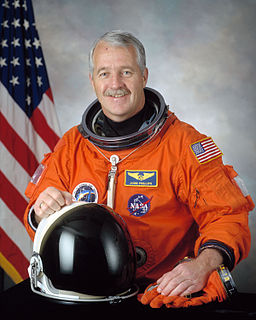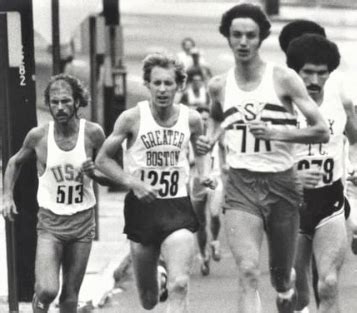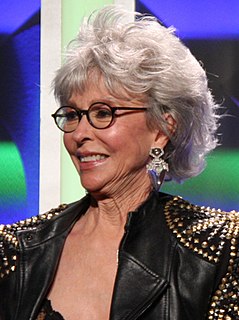A Quote by Sunita Williams
During our journey, we did weight lifting, squats, and dead lifts to regenerate the bone density. Luckily, my muscle mass and bone density did not alter. Our workout was so rigorous.
Related Quotes
Other anatomical changes associated with long-duration space flight are definitely negative: the immune system weakens, the heart shrinks because it doesn't have to strain against gravity, eyesight tends to degrade, sometimes markedly (no one's exactly sure why yet). The spine lengthens as the little sacs of fluid between the vertebrae expand, and bone mass decreases as the body sheds calcium. Without gravity, we don't need muscle and bone mass to support our own weight, which is what makes life in space so much fun but also so inherently bad for the human body, long-term.
Our tissues change as we live: the food we eat and the air we breathe become flesh of our flesh and bone of our bone, and the momentary elements of our flesh and bone pass out of our body every day with our excreta. We are but whirlpools in a river of ever-flowing water. We are not stuff that abides, but patterns that perpetuate themselves
The bodies we have are not made for extended use. We must cope with accumulated DNA damage, cell damage, muscle atrophy, bone loss, decreased muscle mass, and joints worn out from overuse during a lifetime of bipedal locomotion. It might have worked great for prehistoric humans, but it wreaks havoc on our knees and hips.































